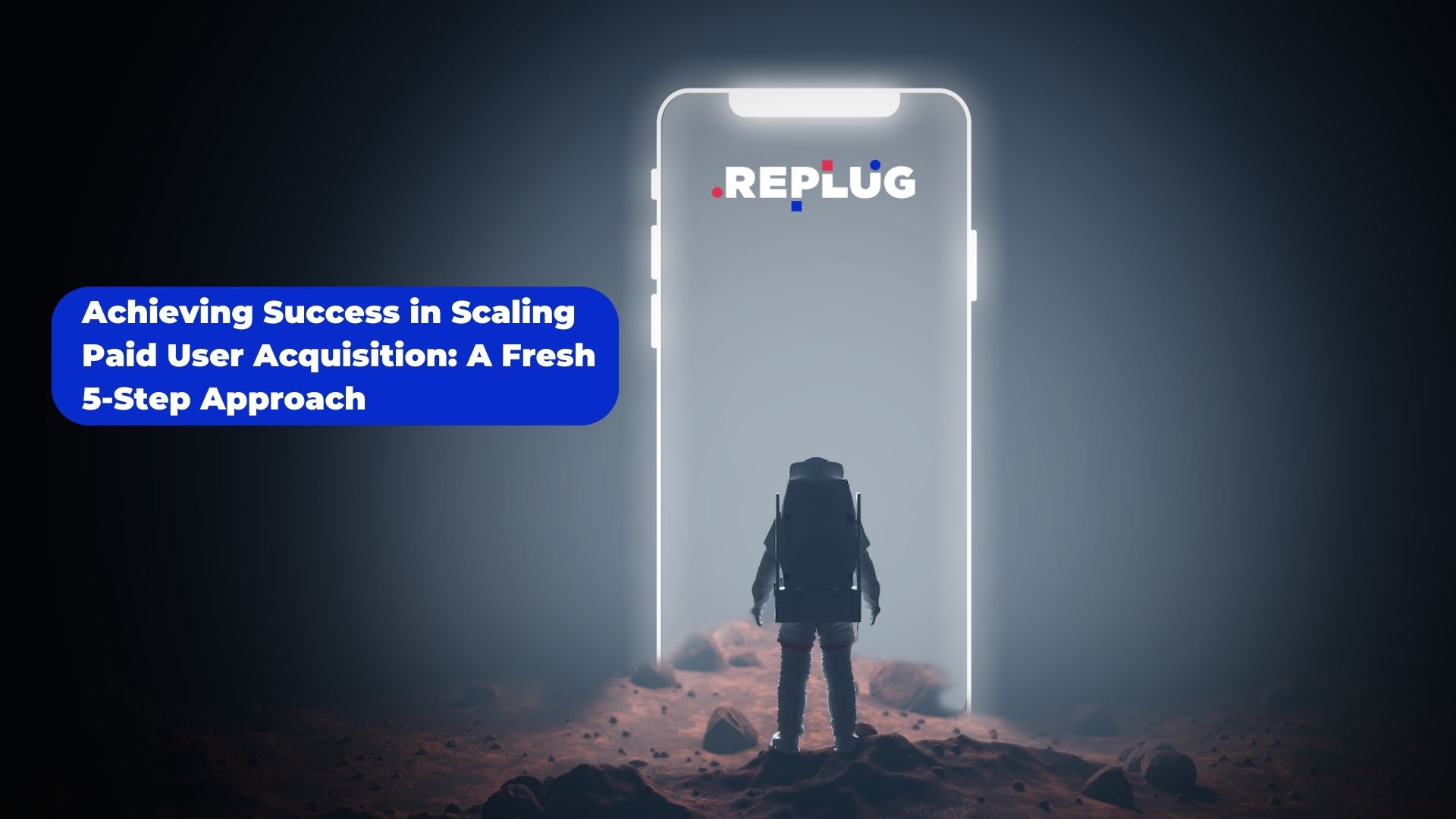Apple can’t practise double standards with China’s IDFA workaround
- Wednesday, April 7th, 2021
- Share this article:
Nat Poulter, Co-CEO of Jungle Creations, questions whether Apple will come down hard on any developers in China who attempt to replace its soon-to-be-deprecated its IDFA advertising solution with their locally-developed alternative, CAID.
 The approaching death of Apple’s Identifier for Advertisers (IDFA) – the way advertisers track data on Apple’s devices to deliver customised advertising – has been met with mixed reviews, to put it lightly.
The approaching death of Apple’s Identifier for Advertisers (IDFA) – the way advertisers track data on Apple’s devices to deliver customised advertising – has been met with mixed reviews, to put it lightly.
For what is essentially a few obscure lines of code, there are many sides to this debate, with winners and losers on both sides, and billions of dollars at stake.
By making the IDFA opt-in, users will have to explicitly say they want to be tracked by apps, which of course, given the option, many will not. It’s easy to see why – the case for ad-funded models has never been properly explained to consumers, leaving those doing the tracking perceived as creepy bogeymen, not providers of free services.
The changes are, then, a win for privacy campaigners, which have lobbied for them. But it would be naive not to see this as a win for Apple. Though ostensibly the changes are to increase privacy, they also force developers to turn to other revenue streams like in-app-purchases or subscriptions, which are funnelled through the app store with commission.
The losers range from global behemoths to small businesses. There will be few consumer tears for ad-based businesses like Facebook, which could lose 7 per cent of its revenue by some estimates. Facebook will survive because it has reams of first-party data subject only to its own terms. But at the lower end, small businesses, which do not have access to huge datasets, will be hurt.
Without the IDFA, many of these small publishers wont be able to charge as much for their ads because they lack specific information on their users. Plainly, brands wont want to pay as much for ads in these apps.
In short, any developer that uses the App Store stands to lose revenue due to the IDFA changes. Except, it would seem, in China, which has decided to essentially just ignore the ruling.
The privacy-averse, state-backed China Advertising Association has launched a new way to track and identify iPhone users called CAID. It’s a workaround that negates the rule changes, allowing advertisers to collect user and device information to create a unique identifier for the user’s device without permission. In short, it is the IDFA reborn.
Is it worth noting that the App Store terms and guidelines apply equally to all developers around the world and so in theory, any app utilising CAID will be booted off the app store for breaching Apple’s rules. In recent weeks, automated cease and desist messages have been sent to a handful of developers trialling CAID. But what happens when and if the Chinese government pushes CAID at scale?
It’s already been confirmed that a CAID can be created on servers hosted by app developers, rather than on the device itself, making detection difficult for Apple. Will they simply accept this workaround as part and parcel of dealing with Chinese developers?
Given the closeness of tech and government in the country, many are speculating that China will become an exception to the new rules. Apple simply won’t ban every app. China is its second biggest market – sales of new iPhones there rose 57 per cent to $21.31bn in the last quarter.
So will it be one rule for us and another for China? Will Chinese apps still be able to track users while we must use the tools Apple provides? That seems inherently unfair to all the business that will already suffer at Apple’s hands.
With Google’s cookie changes fast approaching, a dual-pronged attack on a relatively nascent industry is well underway. Tools created for millions of businesses to ply their trade are now being taken away by their makers, leaving firms reliant on less lucrative alternatives. Except it would seem, if you are in China.
This moral and business quandary highlights once again that tech firms’ policies alone cannot solve privacy issues. Only supranational regulation decided on Apple’s behalf can. Allowing powerful businesses to act monopolistically without a care for those businesses which have come to rely on them is an abuse of power. China has acted unilaterally to protect its businesses’ interests. If only our leaders would do the same.
















